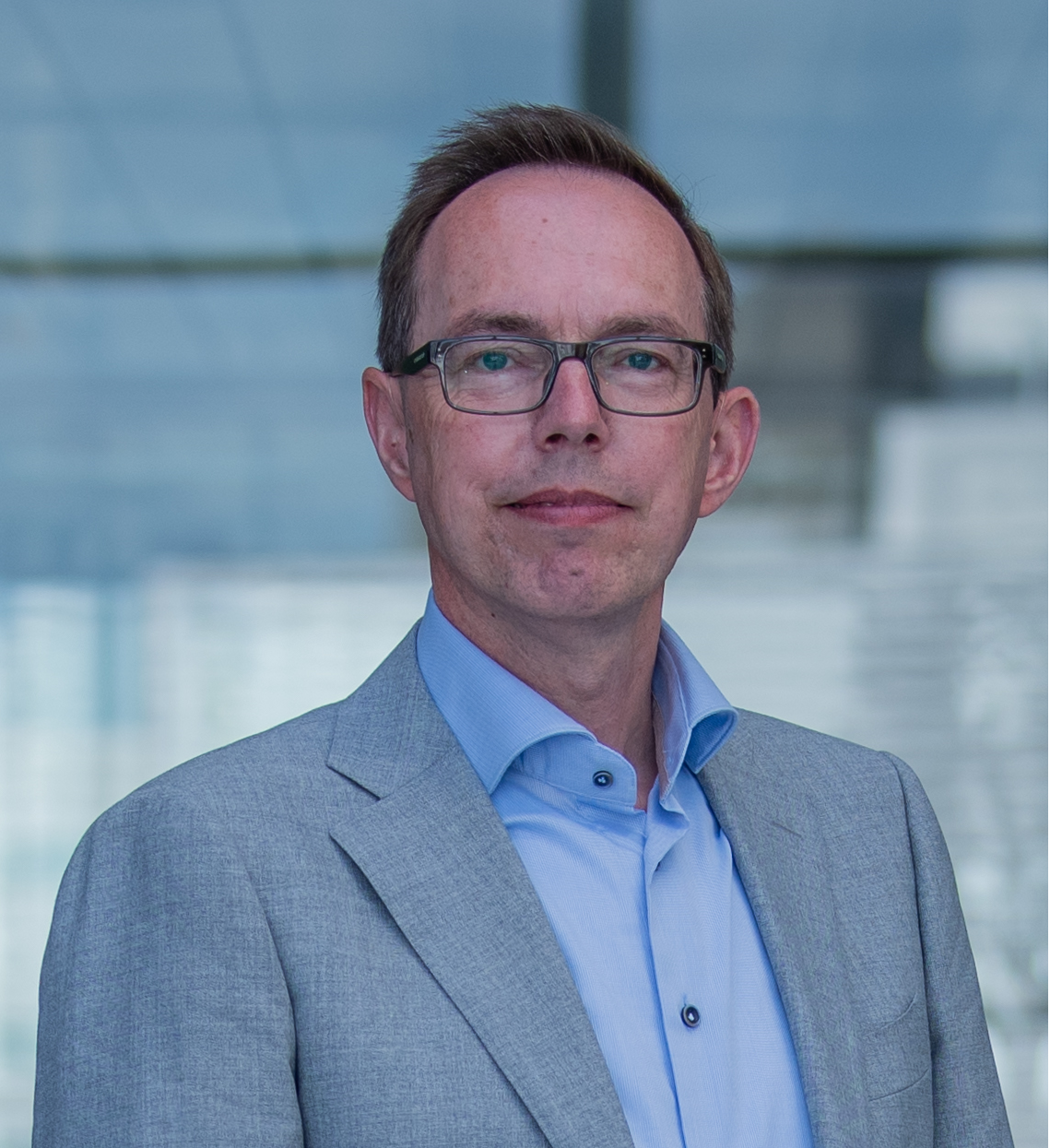Ambassador - Estonia
Dutch ambassador to Estonia

Sander van der Sluis
Sander van der Sluis is ambassador of the Kingdom of the Netherlands to Estonia since August 2024.
Ambassador Sander van der Sluis started his career at the Dutch Ministry of Foreign Affairs in 1996. He most recently served as head of the EU defence policy team at the Ministry of Defence, on secondment from the MFA. Previously he served in many different roles at the MFA, including as the strategic policy advisor at the Multilateral Affairs Department, as policy coordinator at the Security Policy Department and as advisor at the office of the Secretary-General. He was head of EP-relations at the Dutch Permanent Representation to the EU in Brussels. Before that he had several functions in the area of EU-enlargement.
Born in Nijmegen, ambassador Van der Sluis holds a Master of Arts Degree from the College of Europe Natolin and a Master of Law Degree from Maastricht University. Besides his native language Dutch, he speaks English, French, Swedish and German. He is accompanied by his wife and oldest daughter.
You can follow the ambassador on X at @sandervandersluis and on @NLinEstonia
